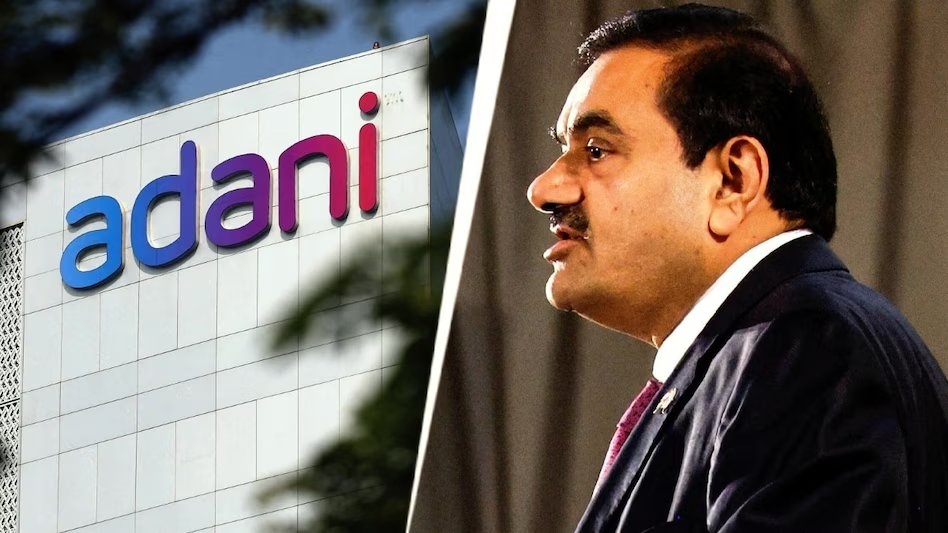In a decisive move to quell market speculation, Adani Enterprises Ltd., the flagship company of the Adani Group, has officially denied any ongoing or planned discussions with Beijing Welion New Energy Technology Co. Ltd. or Chinese electric vehicle giant BYD. The clarification comes amid a flurry of media reports suggesting potential collaborations in the battery and electric mobility space—claims the conglomerate has now firmly rejected.
The Rumors That Sparked the Response
Recent reports had hinted at Adani exploring partnerships with Chinese battery manufacturers to bolster its renewable energy and electric vehicle ambitions. Speculation intensified after news emerged that Adani Group executives had met with representatives from BYD, Welion, and other Chinese firms during a visit to China earlier this year.
Some outlets even suggested that Adani was considering setting up a lithium-ion battery manufacturing facility in India in collaboration with BYD, leveraging the Chinese firm’s advanced battery technology to support its green energy transition.
However, Adani Enterprises has now issued a categorical denial, stating:
“We are not engaged in any discussions with Beijing Welion New Energy Technology Co. Ltd. and are not exploring any form of collaboration with BYD.”
This statement aims to dispel any ambiguity and reaffirm the group’s strategic independence in its energy and mobility ventures.
Why the Speculation Matters
The rumors were not entirely unfounded. Adani Group has been aggressively expanding its footprint in renewable energy, green hydrogen, and electric mobility infrastructure. Given China’s dominance in battery technology—especially in solid-state and lithium-ion cells—a partnership with firms like Welion or BYD would have made strategic sense from a technology standpoint.
Welion, founded in 2016 and headquartered in Beijing’s Fangshan District, is a leader in solid-state battery innovation, supplying advanced cells for electric vehicles, energy storage systems, and aerospace applications.
BYD, meanwhile, is the world’s largest EV manufacturer and a pioneer in battery technology, with capabilities that include ultra-fast charging and high-density energy storage.
Both companies have been actively seeking global partnerships, and India—with its booming EV market and government-backed incentives—has emerged as a key target.
Geopolitical Sensitivities at Play
Adani’s denial also reflects the geopolitical complexities of India-China relations. Despite the business rationale, collaborations with Chinese firms in sensitive sectors like energy and technology are fraught with regulatory and diplomatic hurdles.
India has tightened scrutiny on Chinese investments following border tensions and has denied visas to several top executives from Chinese firms, including BYD. The government has also blocked proposals involving Chinese equity in strategic sectors, citing national security concerns.
“Even if deals are considered, they are likely to be routed through non-Chinese subsidiaries to avoid direct entanglement,” noted a CNBC Awaaz report.
Adani’s Green Strategy: Going Solo?
Despite distancing itself from Chinese firms, Adani Group remains committed to its green energy roadmap. The conglomerate is investing heavily in:
-
Battery storage systems for renewable energy projects
-
Electric truck fleets for port operations (including a previous order of 400 BYD trucks, which was a product purchase—not a strategic partnership)
-
Green hydrogen production and solar energy expansion through Adani Green Energy
The group is also reportedly in talks with European and South Korean firms for battery technology collaborations, aiming to diversify its supply chain and reduce dependence on any single country.
Investor Takeaway
For investors, Adani’s clarification offers transparency and signals a cautious approach to cross-border technology partnerships. While the group remains ambitious in its green energy goals, it appears committed to navigating geopolitical risks with prudence.
The denial may also reassure regulators and stakeholders concerned about foreign influence in India’s strategic sectors, especially as the country ramps up its Production Linked Incentive (PLI) schemes for battery manufacturing and clean energy.
Sources: CNBC Awaaz, Welion Corporate Profile, Bloomberg, Electrive, Wikipedia

